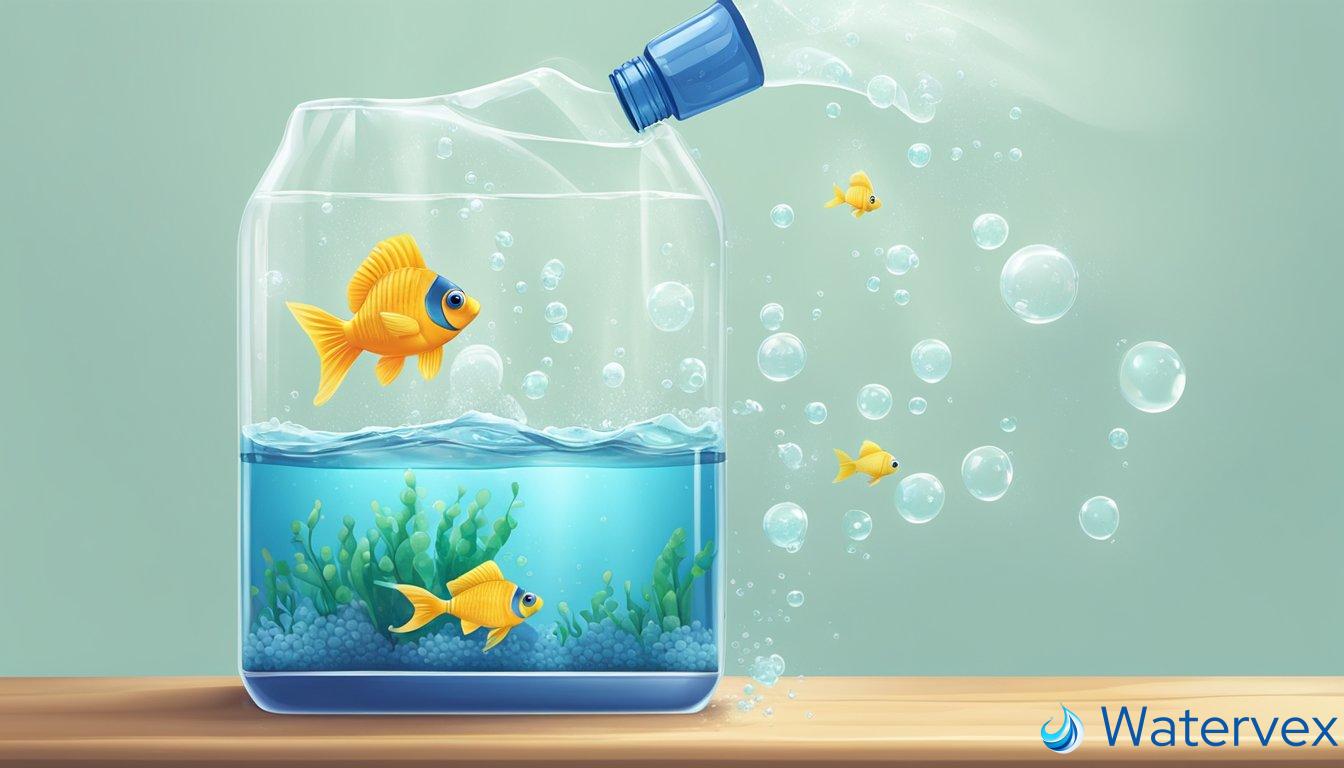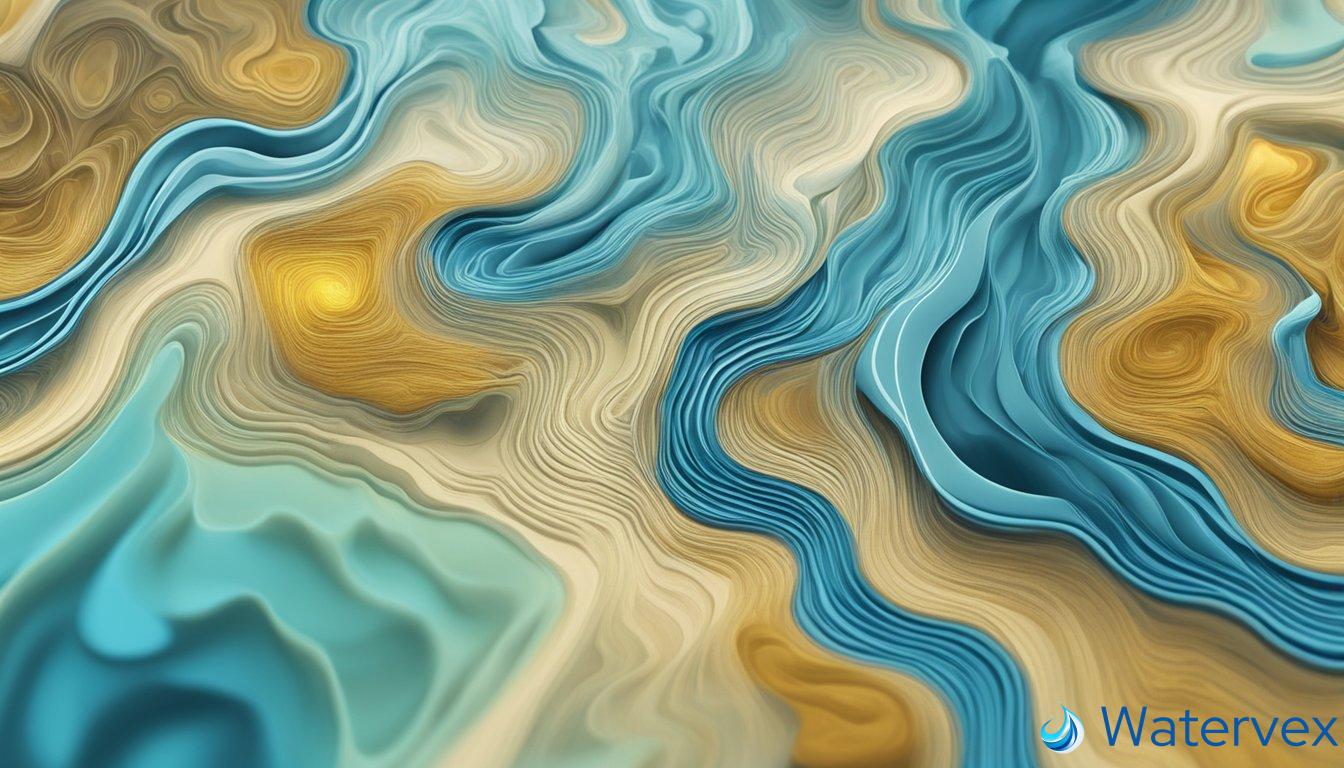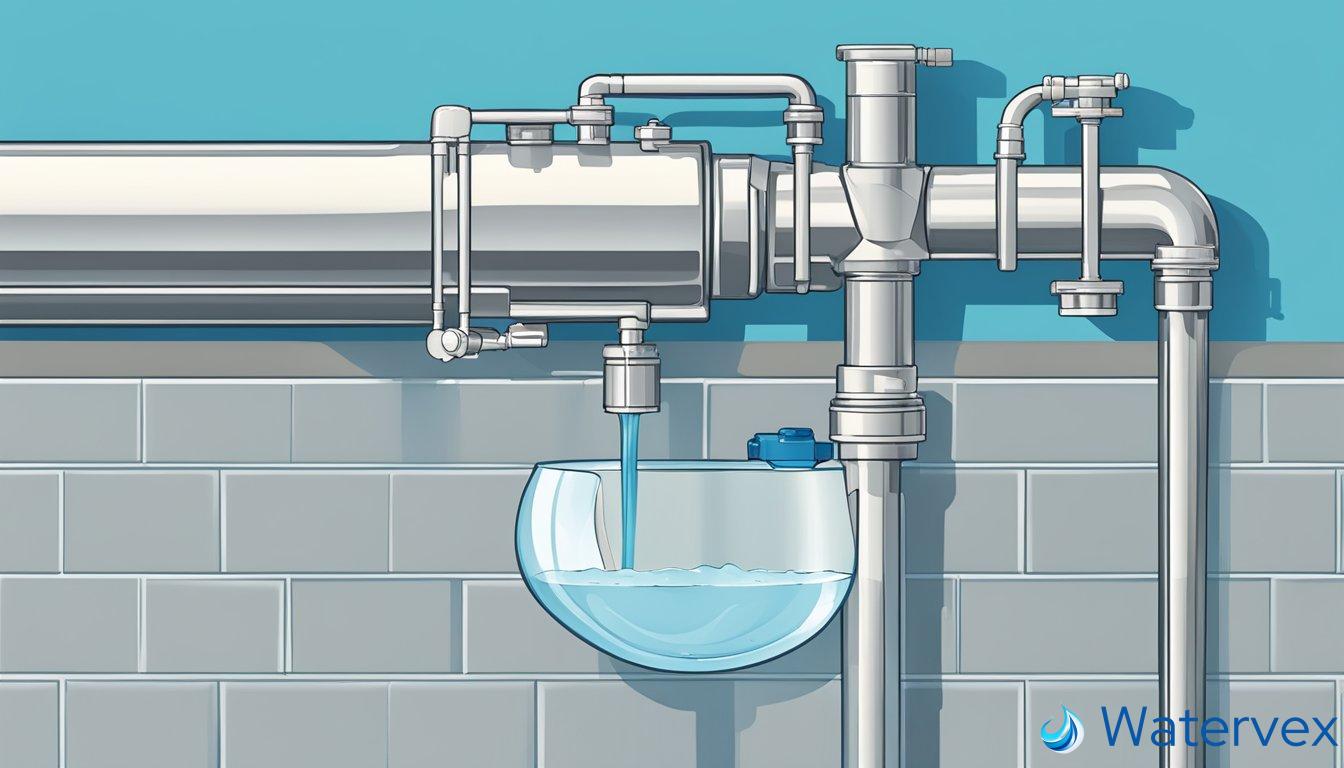Understanding what a water conditioner is and its functionality is crucial for households aiming to manage the quality of their tap water. These systems address water with high mineral content, commonly referred to as hard water. A water conditioner modifies the chemical structure of minerals like calcium and magnesium, which are responsible for the hardness, without removing them entirely. In contrast to water softeners, which traditionally eliminate these minerals completely, conditioners change how minerals interact with water, thus preventing scale buildup and making the water more suitable for use in homes.

Water conditioners provide several advantages, including extending the lifespan of plumbing and household appliances by reducing mineral deposits. They also improve the overall taste and safety of your tap water, which could have significant health benefits. It’s essential to understand precisely how these devices work to make an informed decision about water treatment in your own home. The choice between a water softener and a water conditioner will largely depend on the specific contaminants in your tap water and your water quality objectives.
Key Takeaways
- Water conditioners alter mineral properties, preventing hard water issues.
- These systems are distinct from water softeners, which remove minerals.
- Conditioners can enhance water quality, taste, and appliance longevity.
What Is a Water Conditioner?
When you notice spots on dishes or soap not lathering well, it’s likely due to hard water in your home. Hard water is saturated with minerals like calcium and magnesium, which can cause scaling and affect your appliances. Unlike water softeners that use salt to remove these minerals, a water conditioner addresses hard water differently.
A water conditioner is a type of water treatment device that improves water quality but without the reliance on salt. One popular technology in water conditioners is Template-Assisted Crystallization (TAC). Instead of removing minerals, TAC technology transforms them into a hardness crystal that won’t stick to surfaces. This means you’re not adding or removing anything – it’s a salt-free approach.
Another method involves the use of specific chemicals to alter the characteristics of the minerals in the water. The goal here is to prevent the minerals from depositing as scale. While not removing the minerals entirely, the conditioning process can help mitigate the negative effects of hard water.
There’s also the option of filters that tackle chlorine and other tastes or odors. However, these are often combined with other types of filtration technologies to both condition and purify the water.
By opting for a water conditioner, you’re looking at a solution that requires less maintenance than traditional softeners, doesn’t add sodium to your water, and might be a more eco-friendly option because it doesn’t produce wastewater. It’s a route particularly appealing if you’re keen on preventing scale while keeping essential minerals in your drinking water.
How Do Water Conditioners Function?

Water conditioners combat hard water issues using various processes. These systems are designed to either remove minerals causing hardness or altering their behavior to minimize problems without removing them.
Ion Exchange Process
The ion exchange process involves resin beads which are charged with sodium ions. As water flows through the system, the beads attract and swap out calcium and magnesium ions—common culprits of hard water—for sodium ions. This process softens the water, making it more suitable for household use since it prevents scale build-up in pipes and appliances. Comparatively, a water softening system might use potassium instead of sodium.
Template-Assisted Crystallization (TAC)
Template-Assisted Crystallization (TAC) systems use a cutting-edge approach where resin beads provide a template for hardness minerals to form crystals. These crystals don’t stick to surfaces, effectively reducing scale without adding salt or removing minerals completely from the water. TAC systems are a salt-free alternative, often appreciated for their effectiveness in treating hard water without the sodium byproduct.
Magnetic and Electric Systems
These systems rely on electricity to alter the mineral properties in water. By passing water through a magnetic or electric field, the electric systems change the electromagnetic properties of calcium and magnesium, preventing them from adhering to surfaces and building up as scale. While not eliminating the minerals entirely, this method disrupts their ability to cause issues in your home’s plumbing system.
What Are the Key Benefits of Using a Water Conditioner?

When you install a water conditioner in your home, you’re not just addressing hard water; you’re investing in the longevity of your appliances. By transforming minerals through a water treatment solution, conditioners reduce limescale, a key culprit in diminishing appliance efficiency.
- Appliances: Your water heater, dishwasher, and washing machine will all have extended lifespans due to less limescale buildup.
- Maintenance: You’ll enjoy the reduced need for maintenance on these appliances, translating to cost savings over time.
Soft water from conditioners allows soaps and shampoos to lather more effectively, leaving less soap scum in showers and sinks. This means a cleaner home with less effort and better water quality for your daily use.
- Hair and Skin: The gentler water nourishes your hair and skin, often noticeable after the first few uses.
- Taste: It can even improve the taste of your drinking water by purification of minerals that cause unwanted flavors.
Water conditioners are generally easier to install than traditional water softeners. They do not require a drain and often do not need electricity or salt, which leads to more straightforward installation and operation.
- Installation: Usually a simple setup with fewer components.
- Operation: No salt bags to carry or electricity costs.
The conditioning system successfully tackles hard minerals in water by changing their behavior, so they don’t stick to surfaces. This means:
- Lesser scaling on pipes and faucets.
- More efficient hot water delivery from your water heaters.
In essence, by consumption of water that’s been treated by a conditioner, you’re protecting your household from the drawbacks of untreated hard water.

